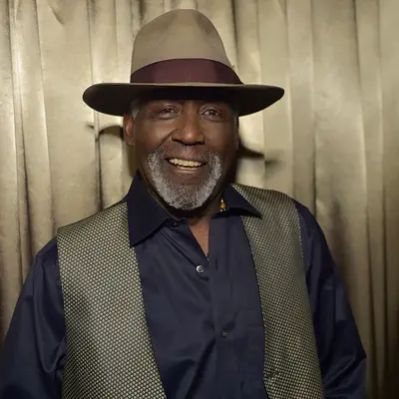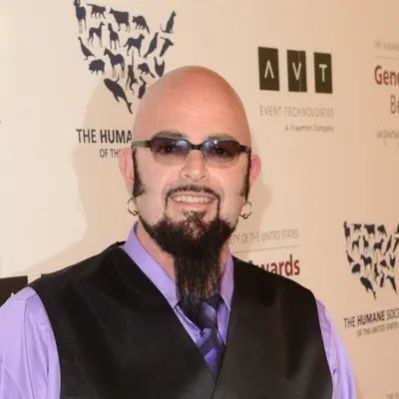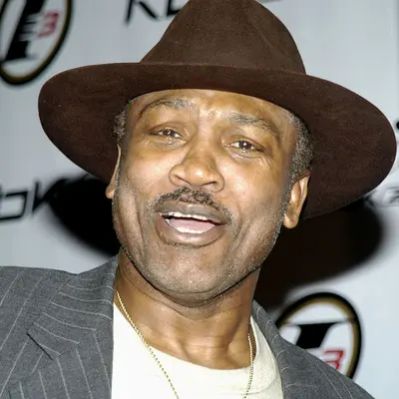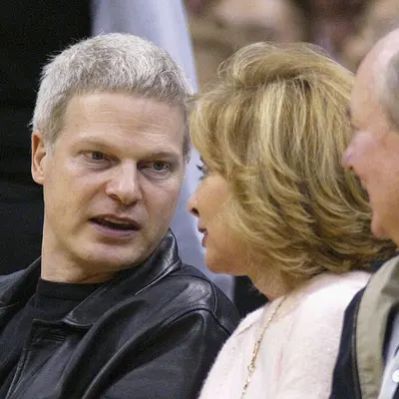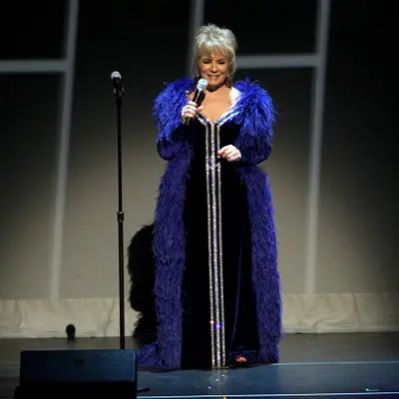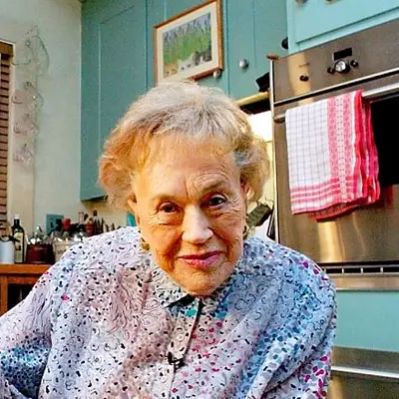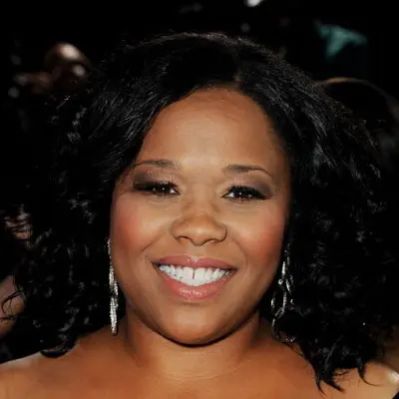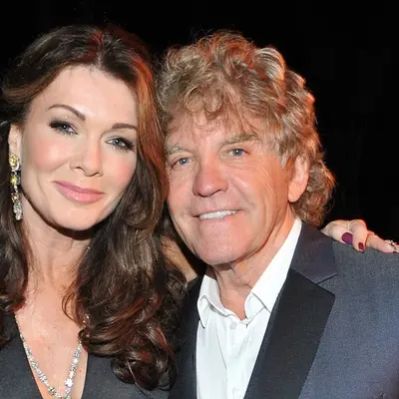What Is Richard Roundtree’s Net Worth?
At the time of his passing on October 24, 2023, Richard Roundtree, a celebrated American actor and former model, had an estimated net worth of $2 million. This financial standing reflected a career spanning decades, characterized by diverse roles across film and television. His net worth stemmed primarily from his earnings as an actor, with contributions from modeling earlier in his career. While specific details regarding his income from individual projects aren’t publicly available, his extensive filmography provides a clear indication of the longevity and breadth of his work.
Early Career and Rise to Fame
Richard Roundtree was born on July 9, 1942, in New Rochelle, New York, to parents Kathryn and John Roundtree. He graduated from New Rochelle High School in 1961, where he was a member of the school’s nationally ranked, undefeated football team. After high school, Richard attended Southern Illinois University but left in 1963 to pursue a career. His early career began in the 1960s when he was discovered by modeling scout Eunice W. Johnson and started modeling in the Ebony Fashion Fair. He later modeled for products such as Salem cigarettes and Duke hair grease, securing contracts that contributed to his initial financial foundation.
In 1967, Roundtree joined the Negro Ensemble Company. His first role with the company was as boxer Jack Johnson in “The Great White Hope.” Two years later, he appeared in a production of J. E. Franklin’s “Mau Mau Room” at the Negro Ensemble Company Workshop Festival. His breakthrough role came in 1971 with the film “Shaft,” where he portrayed the iconic private detective John Shaft. The success of “Shaft” led to two sequels, “Shaft’s Big Score!” in 1972 and “Shaft in Africa” in 1973, further solidifying his status and increasing his earnings. The role also earned him a Golden Globe nomination for Most Promising Newcomer – Male in 1972.
His appearance in the Emmy-winning miniseries “Roots” (1977) as Sam Bennett added to his visibility and income. During this period, from the early to late 1970s, Roundtree’s consistent work in film and television ensured a steady income stream, significantly building his net worth.
Continued Success and Diverse Roles
Throughout the 1980s and 1990s, Richard Roundtree maintained a steady presence in the entertainment industry, appearing in films such as “City Heat” (1984), where he co-starred with Clint Eastwood, Burt Reynolds, and Madeline Kahn, and “Maniac Cop” (1988). He also took on guest roles in popular television shows, including “The Love Boat” (1980), “CHiPs” (1981), “Magnum, P.I.” (1983), and “Murder, She Wrote” (1988). His recurring role as Dr. Daniels Reubens on the soap opera “Generations” (1989–1991) provided a stable income during that period. The variety of roles, from film to television guest appearances and recurring soap opera characters, showcased his versatility and contributed to his ongoing financial stability.
In the 1990s, Roundtree’s career continued to evolve. He appeared in films like “Se7en” (1995) and “George of the Jungle” (1997). He also had roles in television series such as “Buddies” (1996), where he played Henry Carlisle alongside Dave Chappelle, and “413 Hope St.” (1997–1998), where he starred as Phil Thomas. These roles demonstrated his adaptability and allowed him to remain relevant in a changing entertainment landscape. Although specific contract details are not public, it is clear that these steady roles contributed significantly to his net worth over time.
In 1994, Richard received a Lifetime Achievement award at the MTV Movie Awards for the “Shaft” series. Although this award did not directly impact his immediate financial situation, it enhanced his reputation and likely led to further opportunities.
Later Career and Television Work
In the 2000s and beyond, Richard Roundtree continued to work consistently in both film and television. He appeared in movies such as “Antitrust” (2001), “Corky Romano” (2001), and “Speed Racer” (2008). He also secured recurring roles in popular television series, including “Soul Food” (2000–2001), “Desperate Housewives” (2004–2005), “Heroes” (2006–2007), and “Family Reunion” (2019–2022). His role as Paul Patterson Sr. on the BET series “Being Mary Jane” (2013–2019) provided a steady income stream for several years.
These roles reflected his ability to transition between different genres and platforms, allowing him to maintain a consistent presence in the industry. These consistent roles in the 2000’s and 2010’s helped him maintain his lifestyle, and contributed to his $2 million net worth.
Roundtree’s later film appearances included roles in “What Men Want” (2019), “Haunting of the Mary Celeste” (2020), and “Moving On” (2022). His continued work in film, combined with his television roles, ensured a diverse and steady income stream, further solidifying his financial standing.
Real Estate Holdings
In 2002, Richard Roundtree invested in real estate, purchasing a 2,768 square foot home in Grass Valley, California, for $470,000. This property, featuring three bedrooms and two bathrooms, served as a significant asset and contributed to his overall net worth. The real estate investment reflected a strategic decision to diversify his assets beyond his acting income. The increase in value of this property over time would also have positively impacted his net worth.
Personal Life and Health Challenges
Richard Roundtree’s personal life included two marriages. He married Mary Jane Grant on November 27, 1963, and they had two children before divorcing in late 1973. Later, he married Karen M. Ciernia in September 1980, and they had three children before divorcing in 1998. These personal events involved legal and financial considerations that could have affected his overall wealth.
In 1993, Roundtree was diagnosed with breast cancer. He underwent chemotherapy, radiation treatments, and a double mastectomy. His openness about his experience helped raise awareness, although the medical treatments and potential periods of reduced work could have had financial implications. As a spokesman for the Susan G. Komen Breast Cancer Foundation and the Know Your Score men’s health care initiative, his advocacy did not directly contribute to his net worth but increased his public profile.
Awards and Recognition
Richard Roundtree’s career was marked by several accolades. In addition to his Golden Globe nomination in 1972, he received a Lifetime Achievement award at the MTV Movie Awards in 1994. In 2011, he was honored with a Legacy Award by the African-American Film Critics Association. He also earned two NAACP Image Award nominations: Outstanding Actor in a Motion Picture for “Shaft” in 1971 and Outstanding Lead Actor in a Drama Series for “413 Hope St.” in 1998. While these awards did not directly translate into monetary gains, they enhanced his reputation and industry standing, potentially leading to more lucrative roles and opportunities.
 Net Worth Ranker
Net Worth Ranker
